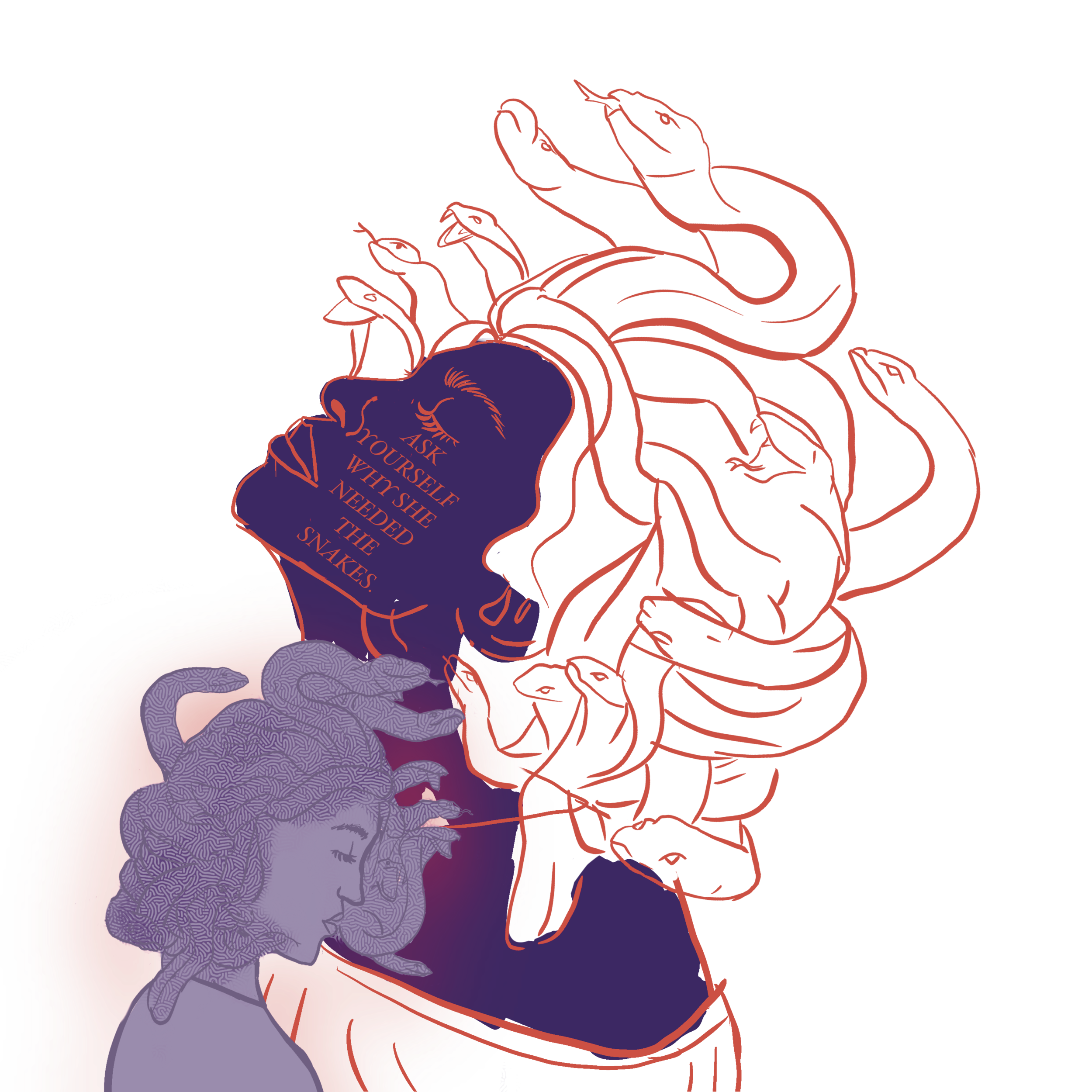Just Boys Being Boys?
Exploring the relationship between fraternities and sexual misconduct on our campus and why students are calling to end the frats.
By Jemma Keleher
“We know what they stand for. No more apologism,” said the Instagram account @umnagainstfrats. “F*ck the frats.”
A simple Google search can tell you how often sexual assault occurs at fraternities across the nation. Universities in Alabama, Kansas, Nebraska, and many other states have found their way into the news cycle over sexual misconduct at fraternities on their campuses, and these are just examples that have come about in recent months.
Students at these universities flood the streets, calling for fraternities to be disbanded. They scream “no means no” and “your silence is compliance.” As allegations of misconduct come to light, the fraternity culture that breeds this behavior is called into question. The University of Minnesota, home to thirty operating fraternities, is no exception.
A poll of students at the University, conducted by “The Wake,” found that of the 20 respondents who had attended a frat party on campus, 30% reported that they or someone with them experienced sexual harassment while there. Sexual harassment includes any unwanted sexual behavior, whether verbal or physical. 47% of the respondents also reported that they had experienced sexual assault, which implies intentional sexual contact without their consent.
The stories that accompanied these numbers were harrowing, but sadly not uncommon. “One of my friends not only got drugged, but was drugged with 3x the dosage for someone her size,” wrote one respondent. “Another one of my friends got assaulted last week at a frat.”
There have been many instances of horrific sexual misconduct, but milder experiences still violate people’s comfort and consent. “They always do the thing where they touch your butt or rest their hands on your lower back… while they are trying to get past you,” wrote another respondent. “I have had multiple occasions where the guys will come up behind me and press themselves into me trying to get me to dance with them without my consent.”
It is clear that at least some fraternities on our campus are part of a widespread culture that normalizes sexual misconduct. Many students are voicing their opposition to the continuation of this culture.
On Friday, September 10th, the fraternities on campus celebrated Black Friday, an annual event where nearly every fraternity holds a party at their house. While many attended the parties that night, some students forwent the parties and instead protested against the fraternities.
Organized by the group UMN Against Frats, students took to University Avenue to share their stance. Before marching, students listened to narratives of those who have experienced sexual misconduct at the frats. “One… read an account from an ex-sorority member who had experienced sexual assault at the hands of a frat member during one of their parties, in which case no justice was served,” said a student who attended. “Another person spoke about their sexual assault as well.”
Inspired by these stories, protestors proceeded down frat row with a message. “We marched as a group down towards [Phi Gamma Delta], carrying a banner that read ‘Kill All Rapists,’” said the attendee. “Chants were led saying things like ‘All frats are bastards,’ and ‘Fuck the frats.’”
For this student, the protest was about more than just shutting down Black Friday parties. “[The frats] perpetuate rape culture and protect their members from facing accountability in sexual assault and rape cases,” they said. “They cause so much damage and harm to their victims with little to no consequence.”
They went on to explain that they believe fraternities may breed misconduct by nature. “The social pressure and expectations (to prove masculinity, impress others, fit in, maintain social status, drink, etc.) play a role in a lot of the behaviors frats are known for, which unfortunately includes sexual violence.”
Is sexual misconduct an inherent result of the existence of fraternities? Or is it caused by the consumption of too much alcohol by a few members? A study published by “Dignity: A Journal on Sexual Exploitation and Violence” rejects the idea that alcohol is the root cause and states that members of Greek life may indeed be part of a culture they can’t escape. The study “provide[d] evidence that alcohol use [was] not the only mechanism underlying sexual assault and harassment in campus Greek organizations; there [were] other contextual factors that need[ed] to be addressed.”
Despite this, some fraternities on campus actively work to combat sexual misconduct. Is the work of a few frats enough to combat the widespread culture that normalizes it?
Jaden Polack, the president of the U’s Tau Kappa Epsilon chapter, asserts that the fraternity he leads upholds a culture that is different from the norm. “We attribute our lack of sexual misconduct allegations to our culture,” he said. “We market ourselves as not a ‘stereotypical’ fraternity and truly believe that we don’t have the basic reputation when people hear the word ‘frat’ and all the negative connotations that go along with that word.”
Polack went on to explain that he believes disciplinary measures and accountability among brothers is key. “I like to think that sexual misconduct is not normalized in any fraternity at the University of Minnesota, but at the same time, by not having disciplinary actions in place… or if it isn’t stressed among brothers to hold each other accountable, [one is] normalizing it without even knowing.”
But it’s very common that fraternities on campus lack this system of liability. It is in these places that nonconsensual sexual acts are normalized and allowed to happen, and they often do. Time and time again, injustices have occurred due to this lack of accountability.
According to Polack, fraternity brothers are obliged to create a space where sexual misconduct is very clearly unacceptable. “I think every member of a fraternity is responsible for holding every other member accountable, something that everyone in my fraternity knows,” he said. “Prevention of sexual misconduct can be an issue of accountability between men, which goes back to the groups underlying culture as well.”
A respondent from the survey agreed. “I am of the belief that while the protests against the frats are important, true change cannot be achieved unless you change the frats from the inside,” they said. “There needs to be better accountability between men. Because the truth is that frat boys respect each other much more than they do protestors.”




